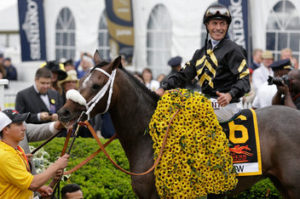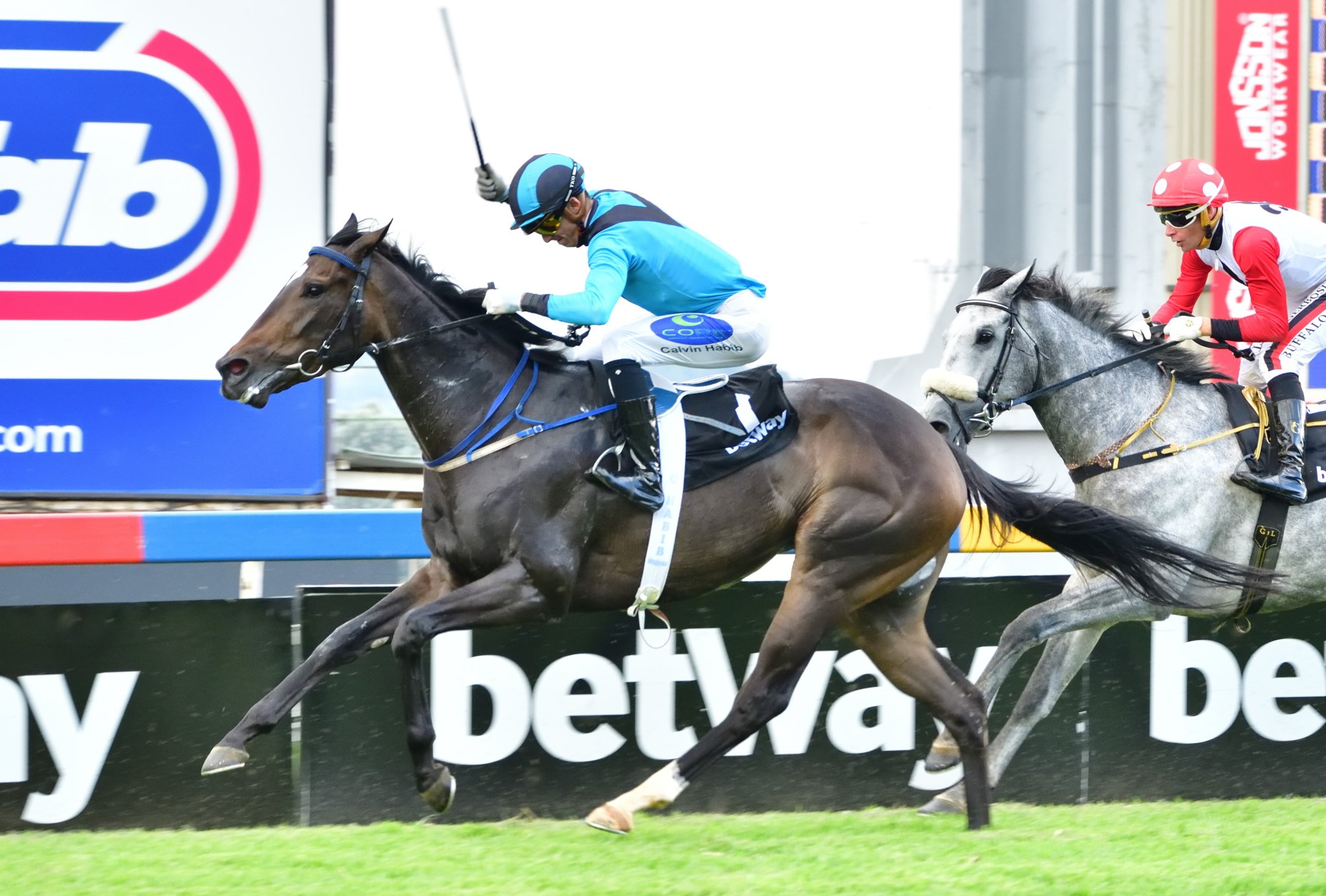Orb finished fourth in the Preakness Stakes on Saturday, becoming the latest Kentucky Derby winner to fail to complete a Triple Crown. So the horse racing industry will limp into the Belmont Stakes next month with nothing on the line except pageantry and faded tradition.
Critics of racing often focus on issues surrounding the treatment of animals. But before those issues can be adequately addressed, the industry must appoint a single leadership figure to standardize rules and regulations covering every facet of the industry — including the horses on which it is built.
This splintered industry, with its many organizations and committees, continues to lack the leadership of a strong central figure.
Despite the spectacle and the tradition of the Triple Crown races, the racing industry is trudging toward an uncertain future. Never has a sport seemed so fiercely determined to spite itself, with factions holding onto power rather than galvanizing the industry.
Perhaps racing is an institution that is too big or simply too ingrained in the American psyche to ever disappear entirely. But racing is rapidly fading from our collective consciousness.
For races other than the Triple Crown events, the public yawns as powerful horses thunder down the homestretches in front of increasingly smaller crowds.
Centralization of power and authority has been suggested — and ignored — for decades.
“There is no ultimate guy to answer to,” said Robbie Medina, an assistant to Shug McGaughey, Orb’s trainer. Medina has been in the racing business since his graduation from high school in Chicago 22 years ago.
Before Saturday’s race, Medina reflected on an industry that had provided him with a good living and a sense of purpose. He sees the sport fading before his eyes. He sees an industry that refuses to pull together, work toward the same goals or simply play by the same rules.
Suspensions in one state are not honored by another. Drug transgressions in one jurisdiction are not violations in another.
“When we’re in our car to go to New York, we’re playing by a totally different set of rules than we play by in Maryland,” Medina said. “You go to Florida, and it’s totally different.”
Sometimes, he said, the industry seems intent on working against itself. On Friday, Medina noticed that Belmont Park and Pimlico Race Course had races at the same time.
“You mean to tell me you guys can’t get together and say, ‘We’ll run 10 minutes apart’?” Medina said. “It’s going to help everyone in the long run; more people can bet.”
He added: “I think a lot of tracks seem to have the mentality that they just want to make money; they want to compete and don’t care who they mess over. It seems like they’re all a bunch of pirates on a ship.”
Who would be the best person to serve as this unwieldy industry’s first commissioner? A retired politician? A respected trainer? An owner?
“It has to be a man or a woman who has nothing to do with horse racing,” Medina said. “Someone who is not going to be tugged at from 10 different places. Someone who is going to have absolute power.”
Central leadership provided by a commissioner is not a new idea.
Hank Goldberg, a longtime football and racing analyst, said he had discussed it with horsemen and horsewomen for decades.
“Sonny Werblin told me that more than 50 years ago,” Goldberg said, referring to the former Jets owner, who owned racehorses. “We were sitting at Hialeah one day, and we were talking about the sport, and he said racing needed a national commissioner then.”
Goldberg said he heard the Hall of Fame trainer D. Wayne Lukas say the same thing Wednesday.
“He said racing needed a Pete Rozelle, somebody they all could respect even if they didn’t agree with him,” Goldberg said, referring to the longtime N.F.L. commissioner.
The idea of electing or appointing a commissioner seems simple, but the major stumbling block is finding a committee among racing’s many to even identify candidates.
This has been a source of frustration among those who work in racing and of puzzlement among those who parachute in during the Triple Crown races. Racing is a universal industry with no universal view of itself, and apparently no sense of urgency to fashion one.
Goldberg is not hopeful that racing will have a commissioner anytime soon. From the Jockey Club to the Graded Stakes Committee to the Breeders’ Cup, racing is made up of powerful, fiercely independent organizations that will resist the authority of a strong central voice.
“I think you’re going to see certain tracks give up racing,” Goldberg said. “I think the racing product will disappear in some places, and you’ll see fewer tracks.”
Racing will not be saved by a Triple Crown winner.
The sport must find a way to speak with one voice while it still has a voice worth hearing.
www.nytimes.com










